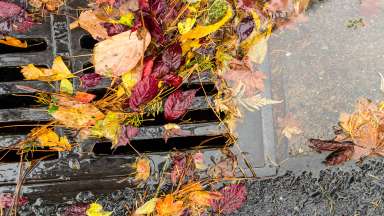Jump To:
Report Stormwater Pollution
If you see stormwater pollution, call the Stormwater Helpline at 919-996-3940 or email IllegalDischarge@raleighnc.gov.
If you see or experience a water line break, contact the Raleigh Water Call Center at 919-996-3245.
